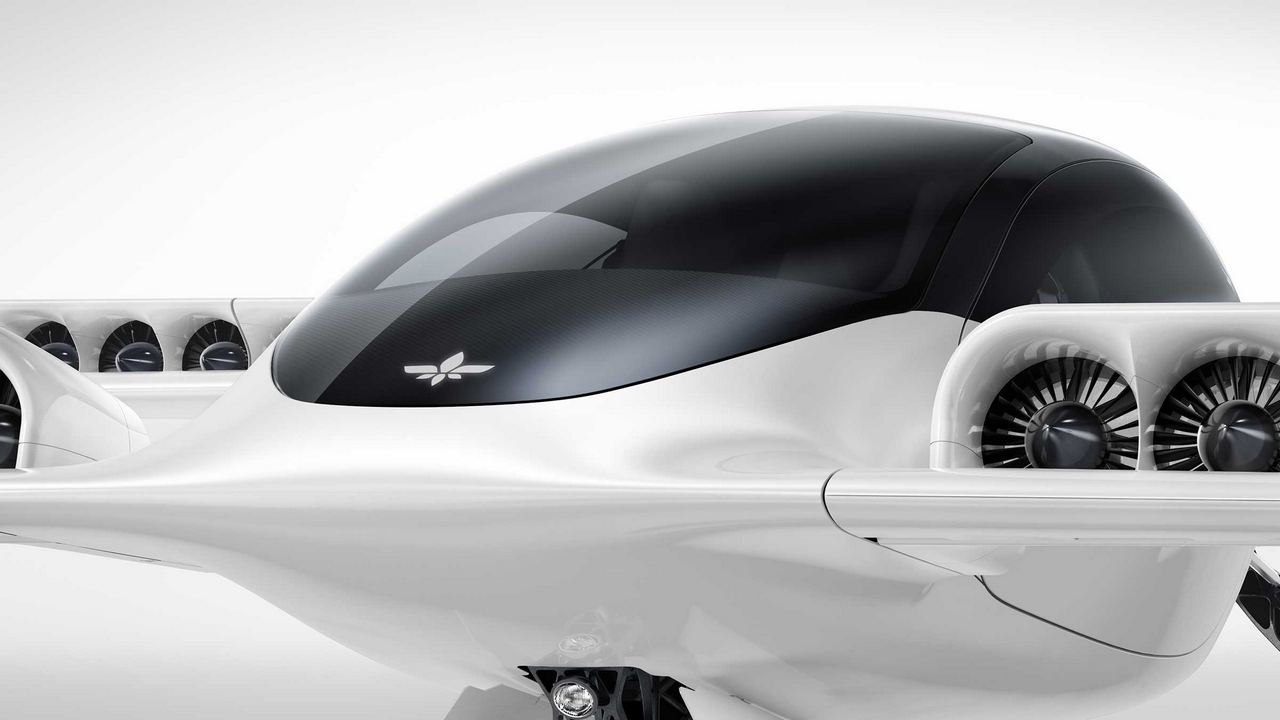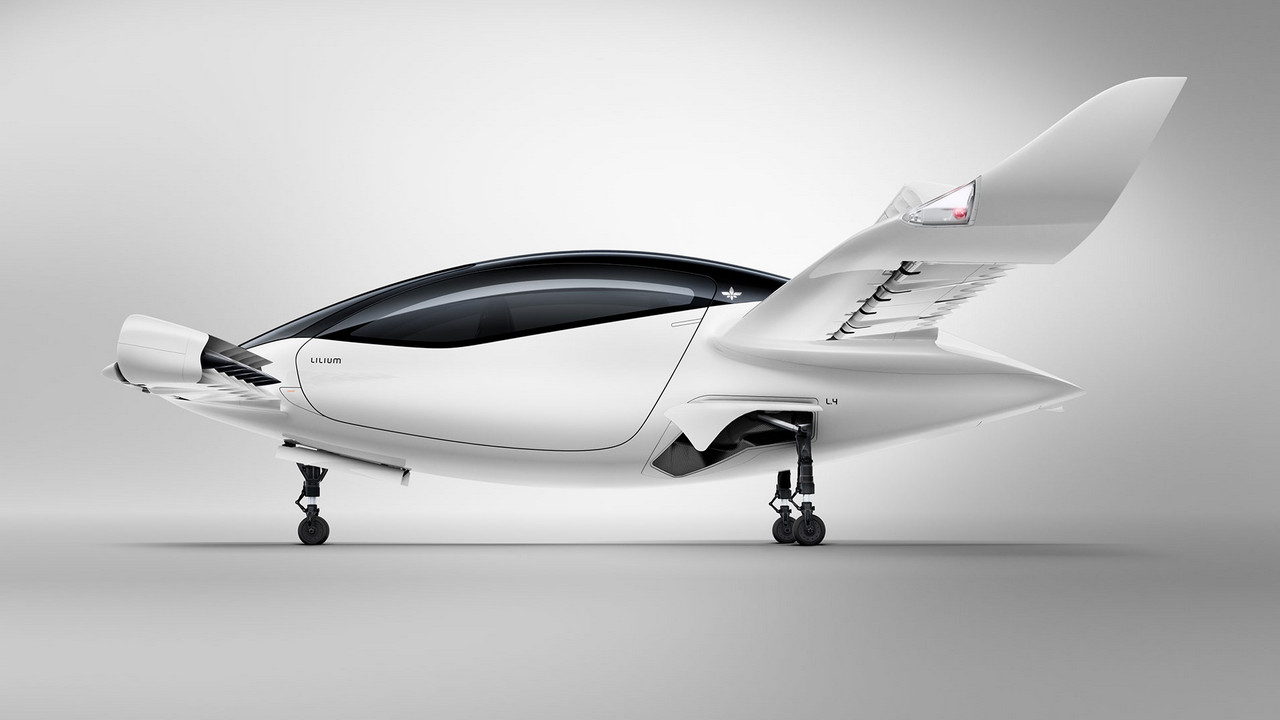German startup firm Lilium announced Thursday the maiden flight of its all-electric pilotless jet-powered ‘air taxi’ which it hopes to operate in various cities around the world ‘by 2025’. The five-seater prototype could face skies crowded with competition, as other startups and giants like Airbus, Boeing or Uber are also tinkering away on their own projects — with an eye on transforming urban transport. But with challengers’ rotor-powered fliers offering only a limited range, Lilium believes its jet-style aircraft can set itself apart from the pack. [caption id=“attachment_6651171” align=“alignnone” width=“1280”] Lilium Jet side view. Image credit: Lilium[/caption] While it can take off vertically like a helicopter, it also sports wings for horizontal flight, allowing a top speed of 300 kilometres (186 miles) per hour and a range of 300 km. Both Airbus and Boeing’s models have a range of up to 50 miles. Controlled from the ground, the Bavaria-based firm’s test vehicle first flew in Munich at the start of May — although pilotless did not say exactly how long it was airborne. “While a maiden flight is always a moment of truth for a business, the jet performed exactly as expected and responded well,” said Leandro Bigarella, Lilium’s head of flight test in a statement. The five-seater jet follows on the heels of the firm’s two-seater prototype, which successfully flew in 2017. Lilium hopes to offer “on-demand air taxi service” in “various cities around the world by 2025”, with trials beginning sooner. [caption id=“attachment_6651191” align=“alignnone” width=“1280”]
Lilium Jet side view. Image credit: Lilium[/caption] While it can take off vertically like a helicopter, it also sports wings for horizontal flight, allowing a top speed of 300 kilometres (186 miles) per hour and a range of 300 km. Both Airbus and Boeing’s models have a range of up to 50 miles. Controlled from the ground, the Bavaria-based firm’s test vehicle first flew in Munich at the start of May — although pilotless did not say exactly how long it was airborne. “While a maiden flight is always a moment of truth for a business, the jet performed exactly as expected and responded well,” said Leandro Bigarella, Lilium’s head of flight test in a statement. The five-seater jet follows on the heels of the firm’s two-seater prototype, which successfully flew in 2017. Lilium hopes to offer “on-demand air taxi service” in “various cities around the world by 2025”, with trials beginning sooner. [caption id=“attachment_6651191” align=“alignnone” width=“1280”]
 Lilium Jet front view. Image credit: Lilium[/caption] Believing they’ll encounter “demands for urban air travel that is quiet, safe and environmentally positive,” the company will offer an app to let passengers find nearby landing pads for a flight they claim will be “comparable in price with a taxi, yet four times faster”. Offering a larger cabin than competitors is key, with five seats making for “an economy of scale you just can’t achieve with two,” said co-founder and chief executive Daniel Wiegand. Air taxi hopefuls will also have to hack through a forest of regulations, safety concerns and public scepticism to build a sustainable business. But the US-based Aerospace Industries Association predicted in March that with future artificial intelligence at the controls, the aircraft “will be a part of everyday commutes” by 2050.
Lilium Jet front view. Image credit: Lilium[/caption] Believing they’ll encounter “demands for urban air travel that is quiet, safe and environmentally positive,” the company will offer an app to let passengers find nearby landing pads for a flight they claim will be “comparable in price with a taxi, yet four times faster”. Offering a larger cabin than competitors is key, with five seats making for “an economy of scale you just can’t achieve with two,” said co-founder and chief executive Daniel Wiegand. Air taxi hopefuls will also have to hack through a forest of regulations, safety concerns and public scepticism to build a sustainable business. But the US-based Aerospace Industries Association predicted in March that with future artificial intelligence at the controls, the aircraft “will be a part of everyday commutes” by 2050.
German startup Lilium bets on getting its first pilotless taxis airborne by 2025
Agence France-Presse
• May 17, 2019, 18:53:00 IST
The five-seater airplane is the brainchild of German startup Lilium, will be electric and run with AI.
Advertisement
)
End of Article